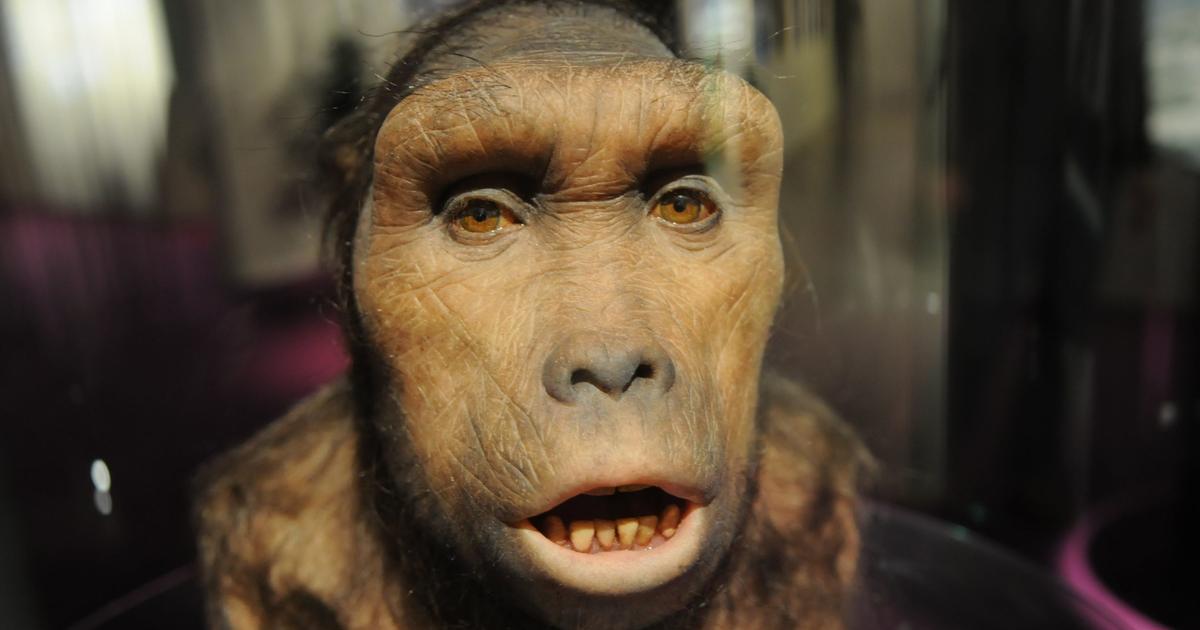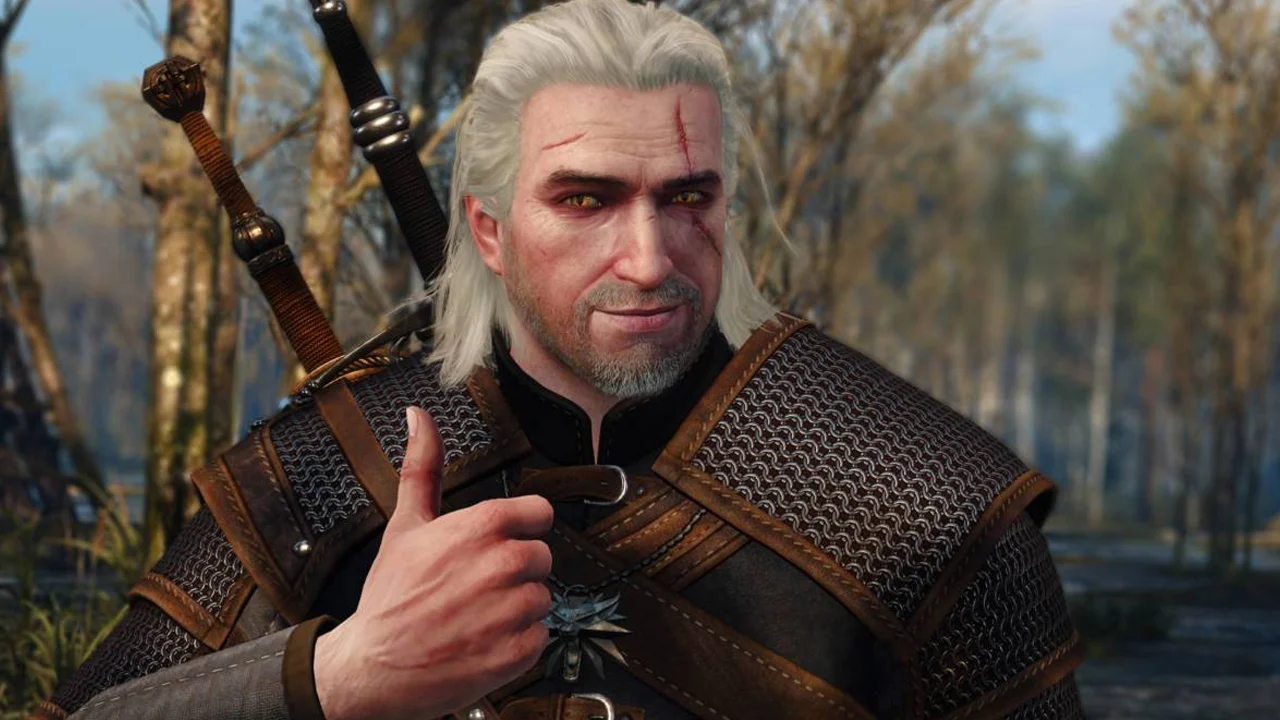Space – Three days after returning to Earth aboard the SpaceX Crew Dragon, Thomas Bisket Assessed on Friday, November 12th on his mission aboard the International Space Station.
At this press conference, the French astronaut will return to the different aspects of this six-month journey into space, from science experiments on blobs to his home country. Return aboard the Crew Dragon His spacewalks earned him the European record for time outside the International Space Station.
after ditching in Florida on November 9, Thomas Bisket He is currently in Cologne, Germany, where he is closely followed by the ESA medical team.
>> Follow Thomas Pesquet live from 10:15am in the video at the top of the article. The main elements will be gradually summarized below.
Part of the interview in English
Perfectly bilingual, Thomas Pesquet answers the questions of the international press.
Small technical problem at the European Space Agency
The press conference was halted, possibly due to a technical issue. We can hear the operator explain the inability to ‘theatre’.
In space, we dream of weightlessness
“The few times I dreamed aboard the station, it was weightless. It was done according to the rules of the physical environment I was in.”
The two main events that Commander Pesquet had to manage
During the last weeks of his stay, Thomas Pesquet became the first French commander of the International Space Station. He specifically mentioned two events he had to run in this role.
The first is the arrival of non-professional astronauts aboard the station, with a Russian actress and director arriving next October. Filming the first movie in space. “They weren’t professional, but in the end it went really well. We agreed well but firmly on the rules. It turned out that they were very professional and things went well,” said Thomas Pesquet.
“The other side of the captain’s role is in emergency situations. It is an autocratic style, it is necessary that only one person make the decision if the device is in danger,” explained the astronaut, before giving a very concrete example: the loss of control over the direction of the station. international space. Thomas Peskett believes that he is “lucky” that we experienced this as a captain, especially since everything went well: “We did not lose contact with the ground control center. In the end, we distributed roles so that everything was done with a good understanding.”
Go to Mars, okay, but without risking too much
One of the main challenges that prevents a Man’s Journey to Mars Today, space radiation is dangerous to health. The astronaut indicated that research is underway and solutions exist.
“For radiation, one solution is water. If we can get a design where the water reserves also act as a ‘wall’ for the ship, we win. Water in zero gravity is hard to control,” said Thomas Peskett.
Then it remains to determine the risks of radiation to health. “If we accept a maximum risk of 3%, then we can say that a mission to Mars will not pass, but at 5% it may pass. After that, I will not go there at 3% for 5%.”
A little fun after back to earth
Simply bathroom. And yes, for water to fall on us, it takes gravity.
Thomas Pesquet preferred his return to Crew Dragon
After Thomas Pesquet went into space twice, he made two return flights, the first with the Russian Soyuz spacecraft, and the second with the SpaceX Crew Dragon. If he thinks that “the brakes are a little stronger on the Crew Dragon,” the effect is even more pleasant with the SpaceX capsule, the French astronaut estimates.
“The Soyuz landing is a bit violent because it was done on the ground, we hit hard enough. The capsule will then roll, giving the sensation of a car crash with barrels. For the Crew Dragon, we had the opportunity to land on a sea of oil. We wrote it gently, it was Very soft. That was much better, because after six months of weightlessness we were tested. In general, we’ll say the descent was fairly calm.”
The hardest moment? space walk
“It’s easier to evolve in zero gravity than on Earth. Spacewalks are the hardest, with the scuba that protects us, but limits our movement. For 6 to 7 hours, we fight this shield and it takes a few days to recover from it.”
Thomas Pesquet: “It’s going well”
Thomas Pesquet arrived and began to reassure everyone: “It’s going well.” The astronaut stated that since his return, he has been closely examined by doctors and scientists: “We have samples to be taken which are taken as soon as we touch the Earth, before we start getting used to it again. The terrestrial environment.”
Before Pesquet, target the moon
While Thomas Pesquet has not yet appeared on screen, ESA officials remember that the next goal for the European Agency and NASA is to return to the Moon. The first stage will take place on February 12 with the Artemis 1 mission, which will put the Orion spacecraft into orbit around the satellite, currently unmanned.
A very detailed summary of Thomas Bisquet’s stay in space
If you are passionate about Thomas Pesquet’s space adventures, the European Space Agency (ESA) has published a comprehensive summary of the various activities of the French astronaut on the International Space Station, to discover it here.
Bring back Thomas Pesquet to Earth
While you wait for the French astronaut’s press conference to begin, the two videos below allow you to review the Crew Dragon’s landing and first data before it leaves Florida for Germany.
See also on The HuffPost: Thomas Pesquet’s surrogates have finally left for the International Space Station

“Professional food nerd. Internet scholar. Typical bacon buff. Passionate creator.”





